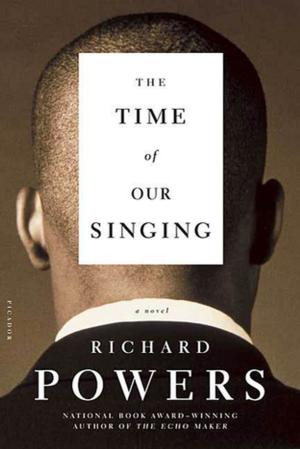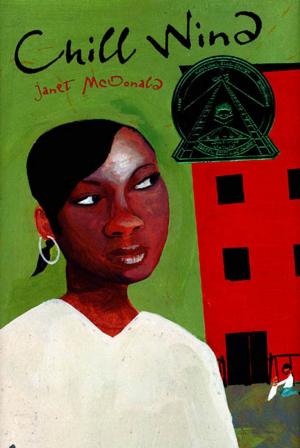| Author: | Aatish Taseer | ISBN: | 9780374712778 |
| Publisher: | Farrar, Straus and Giroux | Publication: | July 7, 2015 |
| Imprint: | Farrar, Straus and Giroux | Language: | English |
| Author: | Aatish Taseer |
| ISBN: | 9780374712778 |
| Publisher: | Farrar, Straus and Giroux |
| Publication: | July 7, 2015 |
| Imprint: | Farrar, Straus and Giroux |
| Language: | English |
An absorbing family saga set amid the commotion of the last forty years of Indian history
The Way Things Were opens with the death of Toby, the Maharaja of Kalasuryaketu, a Sanskritist who has not set foot in India for two decades. Moving back and forth across three sections, between today's Delhi and the 1970s, '80s, and '90s in turn, the novel tells the story of a family held at the mercy of the times.
A masterful interrogation of the relationships between past and present and among individual lives, events, and culture, Aatish Taseer's The Way Things Were takes its title from the Sanskrit word for history, itihasa, whose literal translation is "the way things indeed were." Told in prose that is at once intimate and panoramic, and threaded through with Sanskrit as central metaphor and chorus, this is a hugely ambitious and important book, alive to all the commotion of the last forty years but never losing its brilliant grasp on the current moment.
An absorbing family saga set amid the commotion of the last forty years of Indian history
The Way Things Were opens with the death of Toby, the Maharaja of Kalasuryaketu, a Sanskritist who has not set foot in India for two decades. Moving back and forth across three sections, between today's Delhi and the 1970s, '80s, and '90s in turn, the novel tells the story of a family held at the mercy of the times.
A masterful interrogation of the relationships between past and present and among individual lives, events, and culture, Aatish Taseer's The Way Things Were takes its title from the Sanskrit word for history, itihasa, whose literal translation is "the way things indeed were." Told in prose that is at once intimate and panoramic, and threaded through with Sanskrit as central metaphor and chorus, this is a hugely ambitious and important book, alive to all the commotion of the last forty years but never losing its brilliant grasp on the current moment.















